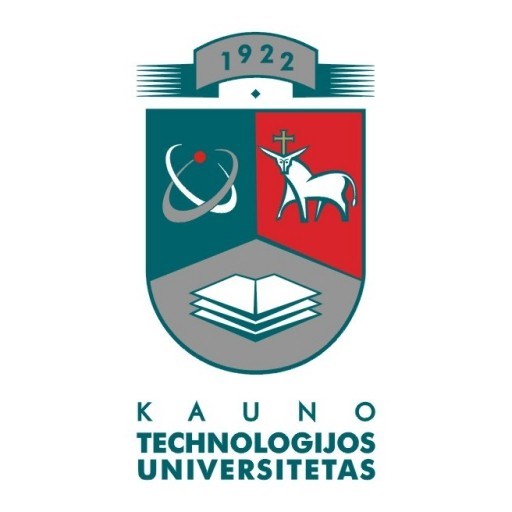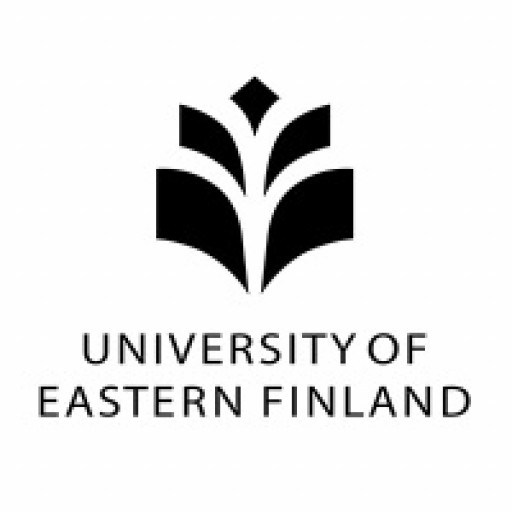Photos of university / #ktuspace
Textile Engineering at Kaunas University of Technology offers a comprehensive education in the science and technology of textile production, encompassing the development, processing, and characterization of textile materials. This program prepares students to become experts in the design, manufacturing, and quality control of textiles, addressing the demands of sustainable and innovative textile industries in Lithuania and globally. The curriculum combines theoretical knowledge with practical skills, covering topics such as fiber science, yarn and fabric technology, textile machinery, and advanced research methodologies. Students learn about modern textile processes, digital design, and automation, ensuring they are equipped to implement innovations in textile production. The program also emphasizes sustainability and environmental impact, encouraging students to develop eco-friendly textile solutions. Practical training is provided through laboratory work, workshops, and internships in leading textile companies, enabling students to gain hands-on experience and industry insights. Graduates of this program will have the qualifications to work in various sectors, including textile manufacturing, research and development, quality assurance, and product design. The degree prepares students for professional careers or further academic pursuits in textile engineering and related fields. The program is delivered in a modern learning environment, utilizing advanced laboratories and industry collaboration projects, ensuring students are well-prepared for the challenges of the evolving textile industry. Graduates are recognized as skilled specialists capable of contributing to technological advancements and sustainable practices in textile engineering worldwide.
Textile Engineering at Kaunas University of Technology offers a comprehensive and innovative academic program designed to prepare students for the dynamic and evolving textile industry. The curriculum combines theoretical knowledge with practical skills, emphasizing the development of technical expertise, creativity, and problem-solving abilities. Students will explore a wide range of subjects including fiber science, yarn manufacturing, fabric construction, textile chemical processing, and textile machinery operation. The program also covers modern topics such as sustainable textiles, smart textiles, and the integration of digital technologies in textile production.
Throughout their studies, students gain hands-on experience by working with state-of-the-art equipment and laboratory facilities, enabling them to apply their theoretical knowledge in real-world scenarios. They will learn about quality control, textile testing methods, and innovative textile designs, preparing them for careers in research, manufacturing, product development, and quality assurance. The program also emphasizes the importance of sustainability and environmental considerations in textile processing, aligning with global trends toward eco-friendly and responsible production methods.
In addition to technical skills, students develop key competencies in project management, teamwork, and communication, preparing them for leadership roles in the industry. The collaborative environment fosters creativity and innovation, encouraging students to participate in research projects and industry internships, thus enhancing their employability upon graduation. Graduates of the Textile Engineering program are equipped to contribute to the development of new textile materials, improve manufacturing processes, and implement sustainable practices, making a positive impact on the industry and society.
The program is delivered in English, attracting international students and fostering a multicultural learning environment. The curriculum is regularly updated to keep pace with technological advancements and industry needs, ensuring graduates remain competitive in the global textile industry. Upon completion, students earn a Bachelor's degree in Textile Engineering, opening pathways to further studies or immediate employment in various sectors related to textiles, fashion, automotive, medical, and technical textiles. Whether aiming for a career in innovative textile development or research, students will find this program at Kaunas University of Technology to be a solid foundation for their professional ambitions.
Program requirements for the Bachelor's degree in Textile Engineering at Kaunas University of Technology include a combination of academic prerequisites, language proficiency, and technical skills. Applicants must have completed secondary education with a focus on science and mathematics, demonstrating a solid foundation in physics, chemistry, and mathematics, which are essential for understanding textile technology and engineering principles. Prior knowledge or experience in materials science, manufacturing processes, or related fields may be advantageous but is not mandatory.
Proficiency in English is required, with candidates often needing to submit evidence of their language skills through standardized tests such as IELTS or TOEFL unless they have completed prior education in English. The university may also require a motivation letter outlining the applicant's interest in textile engineering, along with a curriculum vitae highlighting relevant academic or practical experience.
Prospective students should prepare for an interview or entrance exam, where their problem-solving abilities and understanding of basic technical concepts might be assessed. Additionally, the program places emphasis on the applicant’s potential for innovation, creativity, and the ability to work independently or within a team on complex projects.
Certain programs or scholarships may have specific entry requirements, including portfolios or work samples, especially for applicants with a background in design or related disciplines. International applicants should verify all certification equivalences and translation requirements for their diplomas and supporting documents.
Applicants are encouraged to review the specific admission guidelines provided on the university’s official website and ensure they meet all deadlines and document submission requirements. Successful candidates will typically undergo an interview process, which allows faculty to assess their motivation and suitability for the program.
Overall, the university seeks motivated, scientifically inclined individuals with a passion for innovation in the textile industry and a desire to develop sustainable and advanced textile technologies.
The financing of the Textile Engineering undergraduate program at Kaunas University of Technology is primarily supported through a combination of state funding, tuition fees paid by students, and potential scholarships or financial aid opportunities. Lithuanian residents are generally eligible for state-funded places, which significantly reduce the cost of education for local students. These state-funded positions are allocated based on admission rankings and available capacity, providing access to high-quality education without financial burden for successful applicants. Additionally, fee-paying students from Lithuania and abroad are able to enroll in the program by paying tuition fees established by the university. The tuition fees are determined annually and can vary depending on the specifics of the program and student status.
Kaunas University of Technology also offers various scholarships aimed at supporting students financially. These scholarships are awarded based on academic achievement, extracurricular activities, or socio-economic background, and may include tuition fee discounts, stipends, or grants. International students have opportunities to apply for scholarships as well, which can significantly ease the financial obligations associated with studying in Lithuania. Apart from scholarships, students may explore external funding sources, such as governmental or private grants from their home countries or organizations dedicated to supporting engineering education.
The university also encourages students to participate in part-time work, internships, and industry projects, which can help offset living expenses during their studies. The university’s partnership with industry ensures that students have access to practical training and internships, which also serve as additional financial avenues for some students. Overall, the financing of the Textile Engineering program combines institutional funding, student fees, and external financial aid sources, providing multiple avenues for students to manage the financial aspects of their education.
Textile Engineering at Kaunas University of Technology is a comprehensive programme designed to prepare students for careers in the dynamic and innovative textile industry. The programme combines theoretical knowledge with practical skills, enabling graduates to develop, produce, and improve textile materials and textiles, including traditional fabrics and advanced technical textiles. The curriculum covers a wide array of subjects such as textile manufacturing technologies, fibre science, fabric construction, textile chemistry, quality control, and environmental sustainability in textile production. Students also gain competencies in computer-aided design and engineering, allowing for modern product development and process optimization.
Throughout the studies, students have opportunities to participate in laboratory work, workshops, and industrial internships, which provide real-world experience and insights into current industry practices. The programme emphasizes innovation, sustainability, and technological advancement to meet the demands of modern textile markets globally. Graduates can pursue careers in textile manufacturing companies, fashion and apparel industries, technical textile production, and research institutions. They are equipped to work in roles such as textile technologists, process engineers, product developers, quality managers, and research and development specialists.
Kaunas University of Technology prioritizes the development of practical skills alongside academic knowledge, with state-of-the-art laboratories and facilities supporting this approach. The programme also encourages interdisciplinary collaboration, allowing students to broaden their expertise in materials science, design, and environmental impact assessment. Upon completion, graduates receive a degree that qualifies them for employment in various sectors of the textile industry or further academic pursuits. The programme aims to foster innovation, sustainability, and adaptation to technological changes, ensuring graduates are well-prepared for the evolving global textile market.








